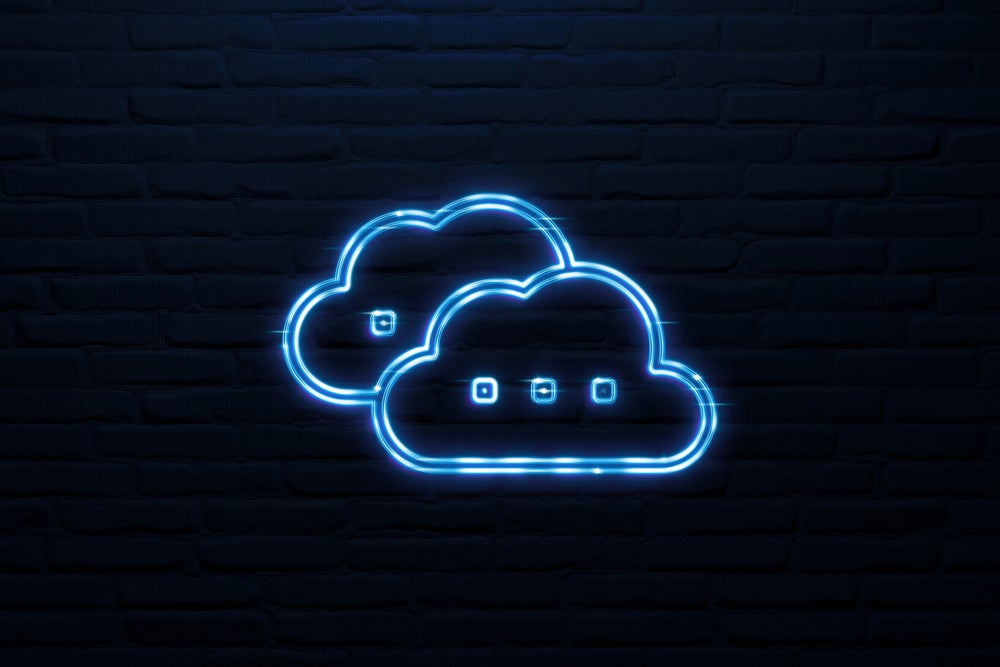The future of the tech industry will be shaped by a range of disruptive themes, with the future of work being an important theme that will have a meaningful impact on application software companies throughout the industry. A detailed analysis of the theme, insights into the leading companies, and their thematic and valuation scorecards are included in GlobalData’s thematic research report,Future of Work – Thematic Research. Buy the report here.
The software application industry refers to companies that design computer programmes, more often referred to as apps, aimed at carrying out specific tasks other than ones relating to the operation of the computer itself. These apps are designed for businesses, consumers, and enterprises.
Many people are re-evaluating their relationship to work, and the so-called Great Resignation, which began in early 2021, has seen millions leave their jobs or retire early. Employees are in a stronger position than they have been for years, as companies are forced to improve not only wages and career development opportunities but also well-being and work-life balance. Workers have an opportunity to redefine how they work, but challenges lie ahead. Talent scarcity and the volume of unfilled vacancies risk accelerating automation, despite the lack of policies to tackle the digital skills divide.
The future of work is shaping both factories and offices, encouraging greater collaboration between humans and technology and empowering workers with new digital skills. Robotics, 5G, and advanced manufacturing techniques using 3D printing and digital twins will enhance work performance on the factory floor. At the same time, technologies like artificial intelligence (AI), cloud, and cybersecurity will be critical in ensuring the coexistence of the digital and physical workplace.
However, not all companies are equal when it comes to their capabilities and investments in the key themes that matter most to their industry. Understanding how companies are positioned and ranked in the most important themes can be a key leading indicator of their future earnings potential and relative competitive position.
According to GlobalData’s thematic research report Future of Work, leading adopters of technologies revolutionising the work environment include: Microsoft, Apple, Amazon and Alphabet.
Insights from top ranked companies
Microsoft
Microsoft’s strong cloud offering and extensive collaboration portfolio make it a strong player in the future of work theme. The company’s vision for intelligent communications has Teams at its core, with more than 270 million monthly active users as of January 2022. However, the individual components of its portfolio (e.g., SharePoint, Exchange, Skype for Business, and Teams) are under significant competitive pressure. Microsoft entered the metaverse in March 2021 with Mesh, an enterprise collaboration platform. It is integrating Mesh into Teams, allowing enterprise users to access the platform using AR headsets, VR headsets, PCs, and smartphones. It is also using its gaming abilities to target the consumer metaverse. In January 2022, it announced a $67.8bn bid to acquire Activision Blizzard, calling it a building block for the metaverse.
Amazon
From co-bots and computer vision in warehouses to delivery drones, Amazon is a pioneer in the future of work technologies. In 2022, it launched Proteus, described as “the first fully autonomous mobile robot,” designed to work in the same physical space as people. The ecommerce giant uses various warehouse automation technologies and deployed 350,000 mobile drive unit robots in its distribution and fulfilment centres. Amazon’s machine learning software powers robots in warehouses and transportation execution systems, with its Amazon Web Services cloud business providing the backbone. In 2022, customers in California were the first to receive deliveries by drone through Prime Air. Last-mile delivery is the most expensive and time-consuming part of the shipping process, but drones have the potential to give Amazon an advantage over other logistics companies.
A recognised leader in AI-powered automation, Alphabet sees machine learning as the key to developing robotics for manufacturing, warehouse automation, and transportation. For example, in 2022, Alphabet-owned DeepMind used its AlphaFold algorithm to build the most complete and accurate database yet of the more than 200 million known proteins, promising to significantly reduce the time required to make biological discoveries. Less well-known is the company’s focus on the mechanics of complex robots. Its Everyday Robot project aims to develop ways for advanced robots to learn skills independently, like navigating a warehouse filled with unexpected objects.
Due to its exceptionally large customer base, Alphabet is also well positioned in enterprise collaboration through its Gmail service and Meet (video conferencing and team collaboration). Google’s Workspace collaboration platform is more widely used after becoming available to anyone with a Google account.
To further understand the key themes and technologies disrupting the technology industry, access GlobalData’s latest thematic research report on The Future of Work.
- IBM
- Ocado
- SAP
- Fanuc
- Cisco
- Rockwell Automation
- Harmonic Drive
- KUKA
- HollySys Automation
- Intuitive Surgical
- Teradyne
- Nippon Ceramic
- Sony
- Stryker
- Baidu
- Roper Technologies
- Denso
- Cognex
- Nabtesco
- Tesla
- ABB
- Omron
- Nachi Fujikoshi
- Cyberdyne
- NEC
- PTC
- Honeywell
- Keyence
- Seiko Epson
- Stratasys
Data Insights
From

The gold standard of business intelligence.
Blending expert knowledge with cutting-edge technology, GlobalData’s unrivalled proprietary data will enable you to decode what’s happening in your market. You can make better informed decisions and gain a future-proof advantage over your competitors.









